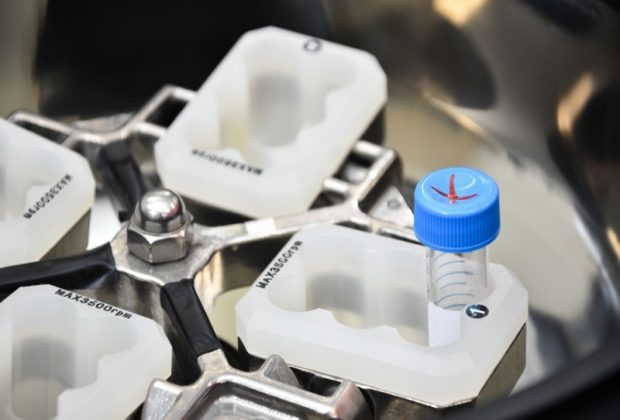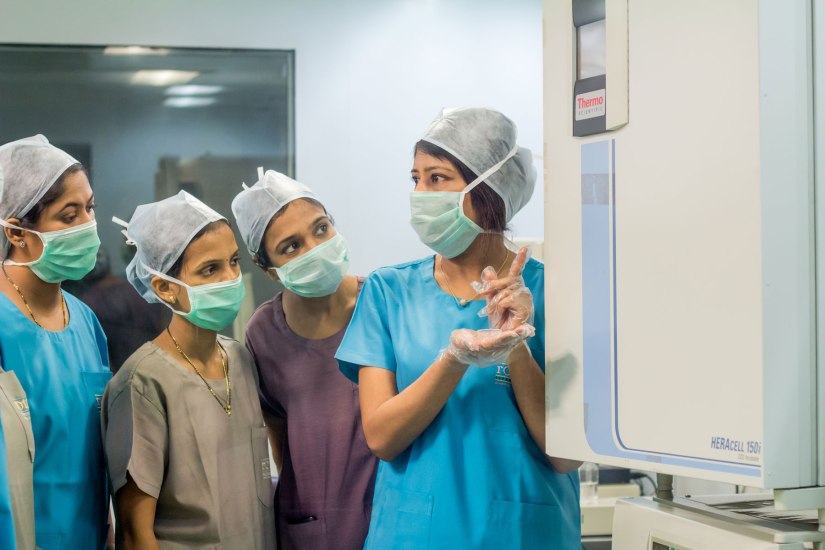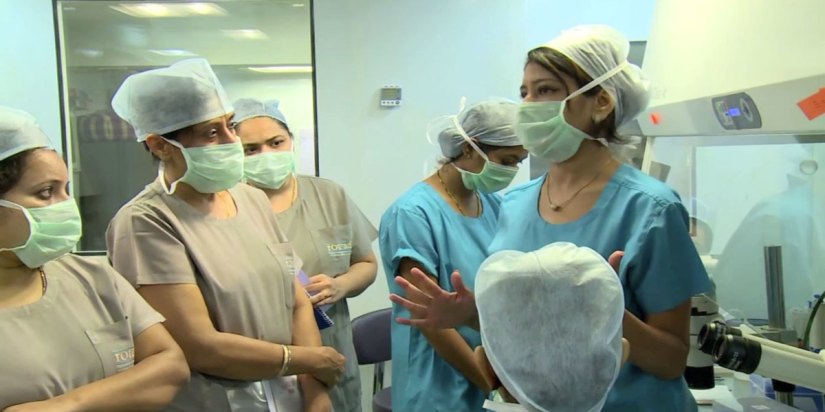Quality management in IVF clinics today, focus on creating an optimal environment for embryo culture. Quality Control (QC) and Quality Assurance (QA) in clinical laboratories increase the chances of success of the IVF outcome, and embryologists play a crucial role in quality assessments to make sure highest standards are maintained.
Working to imitate the natural process of reproduction, except with more precision and certainty, an embryologist is directly involved in helping couples conceive their children – by ensuring healthier embryos, proper embryo implantation as well as assisting with In Vitro Fertilization, maintaining clinical records and running tests on eggs and embryos. That said, when it comes to quality maintenance, there are plenty of crucial decisions left to embryologists.
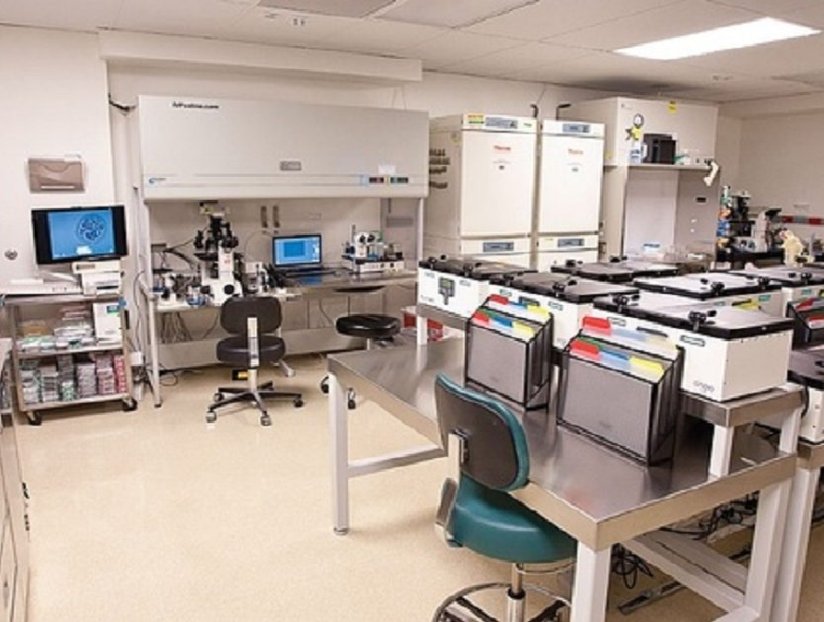 Goral Gandhi ( Indo Nippon IVF Clinic ) an embryologist in India who has established several training programmers for practicing embryologists and ascertained guidelines on good practice for IVF laboratories, discussed about the quality practices contributing to performance and success in the embryo laboratory.
Goral Gandhi ( Indo Nippon IVF Clinic ) an embryologist in India who has established several training programmers for practicing embryologists and ascertained guidelines on good practice for IVF laboratories, discussed about the quality practices contributing to performance and success in the embryo laboratory.
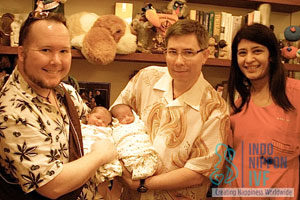
“QC is a rigorous process that is performed in all IVF labs. The guidelines are not restricted to the clinical laboratory protocol, but cover every aspect of the process including staff, equipment and safety, quality control, and medical training. However, the onus is majorly on the team of embryologists that carry out the entire procedure. I always lay extra emphasis on good laboratory practice and train my embryologists to perform their work with utmost diligence, with the greatest of their abilities,” explained Gandhi.
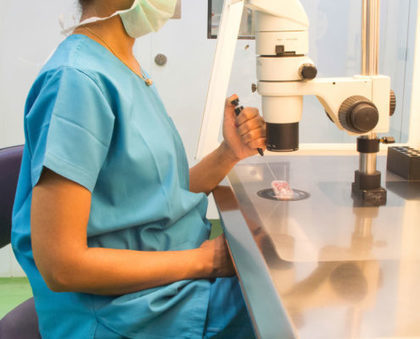
Assisted Reproductive Techniques (ART) today has evolved into branches that not only help parents conceive but also treat specific hormone related illnesses. It does not only refer to IVF but also the treatments tailored to patients’ unique conditions.
Another embryologist Evelyn E. Neuber, Ph. D., HCLD (ABB), Clinical Research Coordinator at the Center for Advanced Reproductive Services at UCONN, tells us about the quality protocols followed in a clinical laboratory.
“I verify and document countless QC measurements, including the room temperature, the pH of the media used to grow the embryos, lot numbers of reagents, microscope temperature settings, and gas tank levels. Only when I am 100% certain that everything is in optimal working order do I open the IVF lab for patients,” she said.
Embryologists work dedicatedly on maximizing the chance of success of IVF and minimize risk. With a wide range of new reproductive options available to patients, the quality assurance and control has become a mandate to help achieve the desired outcome, and maintain the best of health for patients and their off springs.
“We critically work on quality parameters in terms of checks and protocols we follow in our lab when it comes to equipment, pressure modules, quality control of culture medium and disposables, handling of oocytes and spermatozoa, evaluation of results such as fertilization rates, cleavage rates, embryo quality, pregnancy rates, implantation rates, survival rate for frozen embryos, etc,” added Goral Gandhi (Indo Nippon IVF).
Performing all the core embryology techniques – eggs retrieval, ICSI, biopsies, and cryopreservation, and quality controls, the work of an embryologist, thus, determines the efficacy of the IVF process.


